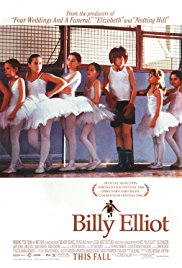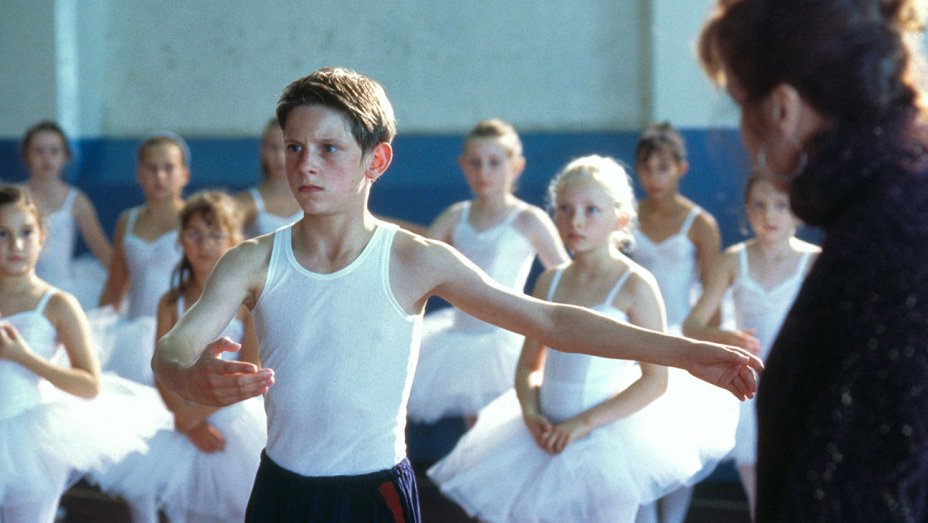Discussion Questions Relating to Ethical Issues will facilitate the use of this film to teach ethical principles and critical viewing. Additional questions are set out below.
TRUSTWORTHINESS
(Be honest; Don’t deceive, cheat or steal; Be reliable — do what you say you’ll do; Have the courage to do the right thing; Build a good reputation; Be loyal — stand by your family, friends, and country)
1. Did Billy do the right thing in lying to his father about going to ballet class? Was there a better way to handle it? In what circumstances are children justified in defying their parents? Describe some situations in which a child would be justified in lying to his or her parents. Describe some situations in which a child would not be justified in lying to his or her parents.
2. Remember the scene when Billy “borrows” the library book about ballet while the librarian is distracted by a striker mooning the police? What do these two actions have in common and why did the screenwriter juxtapose these two scenes?
3. When Billy was in the library and wanted the ballet book, but the librarian wouldn’t let him take it out, Billy decided to “borrow” it against the rules. How could Billy have resolved this situation and complied with the ethical principle of trustworthiness?
4. Why was it so difficult for Billy’s father to cross the picket line? Was he being disloyal to his class, his union, and his fellow workers? What other moral values were motivating him?
5. When Billy’s father tried to stop the older son from the early morning foray to destroy company property, which of the Six Pillars of Character was the father following? Which was the son ignoring?
RESPECT
(Treat others with respect; follow the Golden Rule; Be tolerant of differences; Use good manners, not bad language; Be considerate of the feelings of others; Don’t threaten, hit or hurt anyone; Deal peacefully with anger, insults, and disagreements)
6. Obviously, Billy didn’t obey the ethical principle of respect for others when he hit the ballet student who was trying to talk to him after the tryout. What caused him to attempt to resolve this situation with violence?
7. Initially, did Billy’s father respect his son’s desire to dance?
8. Did the striking miners treat the police with respect? Did the police treat the striking minors with respect? Evaluate the conduct of each in terms of this ethical principle.
9. A wise woman once said, “Profanity is the last refuge of the unimaginative.” What did she mean by that? A wise man once said that cursing degrades the level of human interaction by reducing people, things and situations to the scatological, the base or the animal. What did he mean by that? Finally, the wise woman added that swearing shows a lack of style and finesse. Do you agree or disagree?
(Additional questions on this topic are set out in the “Social-Emotional Learning/Friendship/Sexual Orientation” section above.)
RESPONSIBILITY
(Do what you are supposed to do; Persevere: keep on trying!; Always do your best; Use self-control; Be self-disciplined; Think before you act — consider the consequences; Be accountable for your choices)
10. There were times when Billy didn’t obey his father, especially about taking dance lessons. What do you think of this behavior?
11. Did dancing always come easily for Billy?
CARING
(Be kind; Be compassionate and show you care; Express gratitude; Forgive others; Help people in need)
12. Billy’s father made a number of serious mistakes, like throwing Billy against the wall and making it hard for him to take ballet lessons. Was he ultimately a good father? Defend your answer.
13. Billy’s family had a lot of problems, but they had one big thing going for them. What was it?
(Additional questions on this topic are set out in the “Social-Emotional Learning/Parenting, Father/Son and Families in Crisis” section above.)



